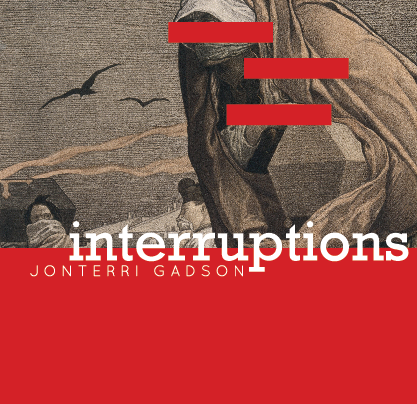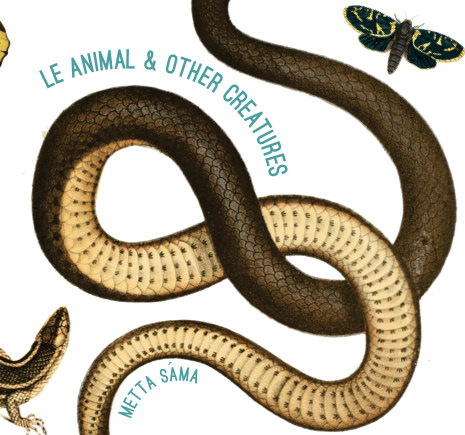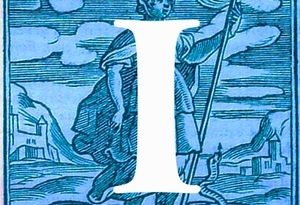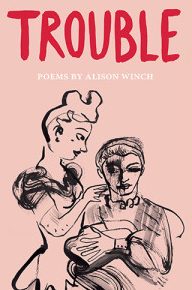Calling Cards: Four MIEL Microseries Chapbooks
– Reviewed by Jessica Traynor –
Nantes by Neele Dellschaft
Interruptions by Jonterri Gadson
Plurality Decree by Celina Su
Little Voice Box by Laressa Dickey
MIEL sets out to publish ambitious, challenging work, especially by women, and in this microseries they’ve gathered a fascinatingly diverse group of voices. This series includes chapbooks by two academics, a scientist and a somatic worker (intriguing!). It’s refreshing to see a press so dedicated to exploring different ways of publishing poetry, and on the whole I enjoyed dipping into these miniatures and sampling each poet’s work.
There’s something very clever about presenting complex, formally challenging poems in these bite-size chapbooks, some of which only contain one poem. Where the reader might become tired or alienated when tackling an entire book of abstract work, especially without any prior knowledge of the writer and their oeuvre, these brightly coloured, well-designed pieces provide a welcoming context for the new reader, as well as inviting re-reading. Many of the poems in question opened up for me on a second or third reading; perhaps if reading the same in a longer collection (and not as a reviewer) I might not have revisited these single pieces again.
I began with Neele Dellschaft’s Nantes, a good introduction to the series. This is an elegantly-written poetic diary about a time spent abroad, and as such, touches on an experience familiar to many – the sensation of otherness when finding oneself in a new place. The language and imagery here is concrete and direct, reading as a pleasantly lyrical prose poem: “That summer / evening the net covering the entire / building blew lightly / in the wind, it was of a very smooth cream / coloured texture and this swaying building / such a perfect France.”
Throughout the poem, language fragments (as in the above quote) hen regroups into prosier blocks. My preference is for the former mode, which feels airier and more allusive, but the poem as a whole works well to communicate that shock of the new in a foreign land.
Laressa Dickey’s Little Voice Box is a rather different animal, a sparse sequence poem in six parts. Rather mystifying even after several reads, it evokes the atmosphere of a cathedral space filled with voices. Ecclesiastical imagery abounds, creating a sense of place, while other seemingly arbitrary references sound beautiful, even if the overall meaning proves elusive:
Carded wool slips
pew by pewWe must imagine the mystic but count the people
Our images numbers, tallies: a ledger betrothed to me
beside a library of morality books
Count them as treachery boarders.
Plurality Decree by Celina Su is possibly the densest offering in this series. There is playfulness and wit here, but the jokes might be most appreciated by those familiar with quantum mechanics, or steeped in the language of academia. In ‘Ordinance Code Words’ she skewers the language of art criticism by using it to appraise the artistic credentials of poverty:
1. In this room, in this simulacrum of a
world, there is this place we hope, we
hoped, to never call home. It seeps into our
arteries, never our veins. Your panopticon,
my friends, is figurative, mine a dull
blade.
There is plenty of wordplay to be found here, as in the final poem ‘Coda’: “What I mean / What I pine for, is a mean: / No absolutes, but a sense of proportion, my plurality / parliamentary.” While this is a lively disquisition on the self’s struggle between indivisibility and plurality, I wonder if Su’s poetic vocabulary occasionally strays too close to the jargon it aims to lampoon.
Interruptions by Jonterri Gadson contains three short poems, packed with rich and lucid imagery. Her long, conversational lines invite comparison with a number of her contemporaries, but there’s a depth to the rhythm here, reinforced by internal rhyme and alliteration, which lends the work a refreshing musicality (and muscularity). Informality and directness helps to communicate even weighty subject matter with a pleasing lightness of touch, as demonstrated in the final lines of ‘We Who Bite the Hand’:
Children
what are we, if not interruptions? Our bodies
impermanent tattoos on the air’s broad back. Nothingto stop us
from believing even the space after a colon is meant for us.
These four short chapbooks demonstrate that MIEL have a talent for matching form to content. At the very least, these are excellent calling cards for each of the four poets mentioned above, but I think there’s something more interesting at work here; a recognition that experimental, abstract work might require a different vehicle from the slim volume. Long may MIEL continue to experiment.





